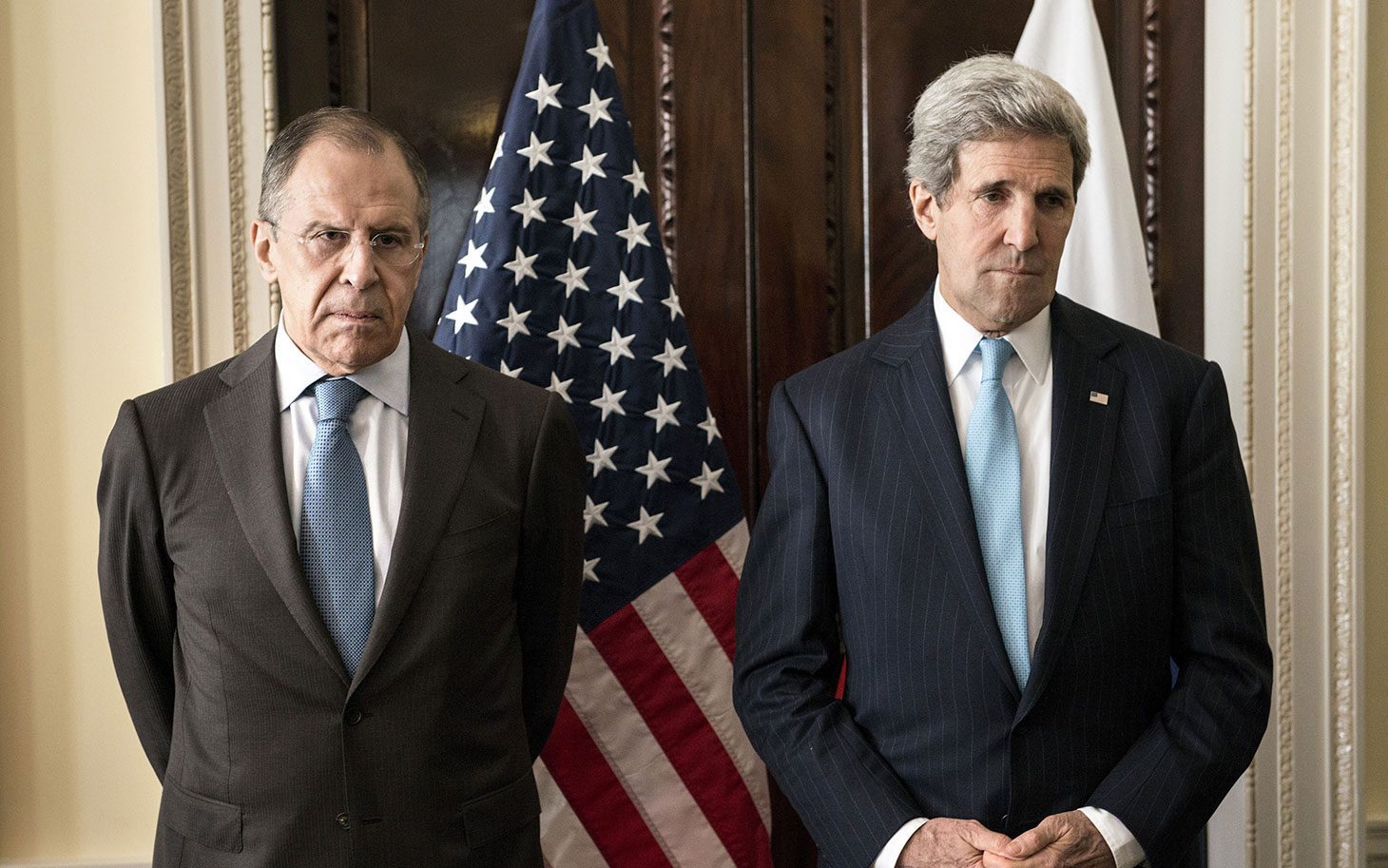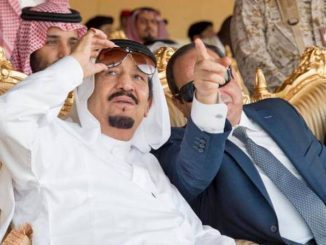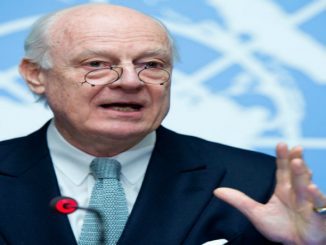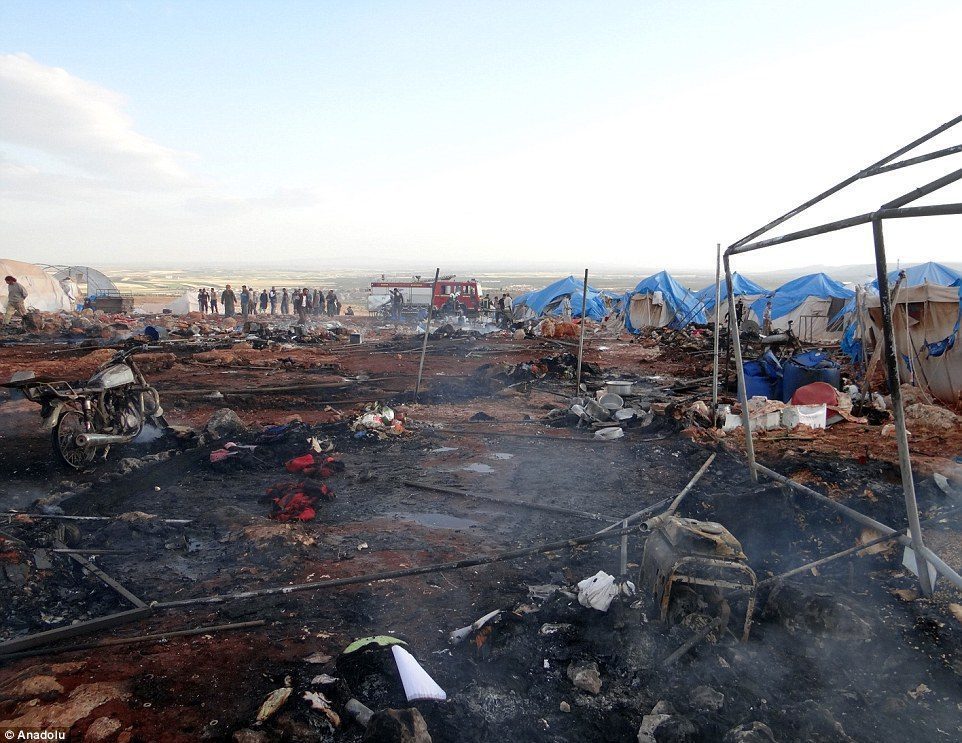
Despite the global tension, new talks are under way in Switzerland as the US and Russia try to broker another ceasefire in Syria, as Bashar al-Assad vowed again to retrieve the city.
The meeting between Kerry and Lavrov comes 12 days after Washington suspended bilateral talks with Moscow when a cease-fire proposal collapsed.
Assad regime, backed by Russia, said on September 22 it was starting a new wide offensive to recapture the rebel-held parts of Aleppo after a week-long ceasefire was declared officially over on 19 September.
There are about 275,000 people trapped by the siege of eastern Aleppo, where civilians are suffering through daily bombing, including by bunker-buster and incendiary weapons, and through starvation, as limited supplies run out and aid convoys are blocked from the city. More than 700 civilians died since the start of the military operations, according to civil defence sources.
US Secretary of State John Kerry and Russia’s Sergei Lavrov are meeting delegates from Turkey, Saudi Arabia, Iran and Qatar in the city of Lausanne.
But Kerry planned to talk ahead of the meeting with Lavrov and, separately, with Saudi Foreign Minister Adel al-Jubeir, in preparation for the larger meeting with all the diplomats.
Mark Toner, the deputy spokesman for the State Department, said Friday that the broad goal is to achieve at least a temporary truce so humanitarian aid can be delivered and talks can resume on getting peace negotiations between the opposition and the Syrian government “up and running.”
“The urgent need right now in front of us is some kind of cessation of hostilities, at least a significant reduction in the level of violence, certainly, in and around Aleppo, and that’s going to be a primary focus,” he said.
Lavrov said Russia will propose “concrete steps” for implementing U.N. Security Council resolutions already agreed to by Moscow and Washington. Speaking during a visit Friday to Armenia, he told reporters that the main aims are the “separation of terrorists from the so-called moderate opposition” and “humanitarian aid deliveries.” But Lavrov said he doesn’t expect any steps proposed by the West to meet Russia’s bottom line.
Don’t expect the talks to fruit
Officials have played down any hopes of a breakthrough, as BBC quoted a diplomat saying “Don’t expect too much.”
On Friday, Russian news agencies quoted Mr Kerry as saying he had no “special expectations” for the talks, while an unnamed French source told AFP: “When you see the results from the previous efforts, quite frankly I’m a bit sceptical about the next ones.”
Bilateral talks between the US and Russia have brought no real solution. A ceasefire brokered last month collapsed after just a few days, since then Syrian government bombing of Aleppo, backed by Russia, has intensified.
On the ground Iranian troops are reportedly supporting Syrian forces. Saudi Arabia and the US have been supplying opposition groups with weapons and money.
Moscow insists rebel forces it regards as terrorists must be separated from more moderate opposition groups before the bombing of Aleppo can stop. Washington says the bombing is a war crime.
Bashar al-Assad has vowed to keep “cleaning” the rebels from Aleppo, providing a military victory that he said would provide a “springboard” to liberate the rest of Syria.
“You have to keep cleaning this area and to push the terrorists to Turkey, to go back to where they came from, or to kill them,” he said in an interview with a Russian publication, Komsomolskaya Pravda. “There’s no other option.”
The Assad regime forces, backed by Russian air power, Iranian ground forces and Shi’ite militia fighters from Iran, Iraq, and Lebanon, has been tightening its grip on rebel-held districts of Aleppo this year, and this summer achieved a long-held goal of fully encircling the area.
Recovering full control of the rebels’ last significant urban area would be the most important victory of the war so far for Assad, strengthening his control over Syria’s most populous and strategically important regions.



